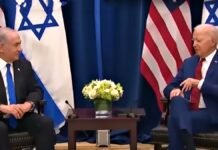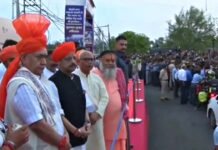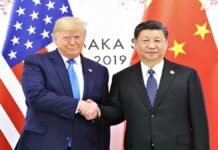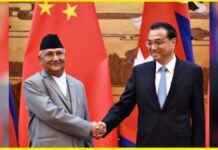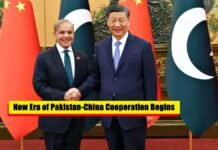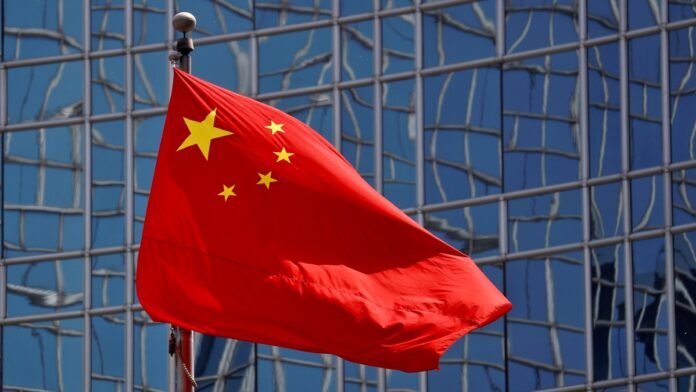
Beijing: China on Tuesday reiterated its stance on the Kashmir issue, saying that it should be resolved through dialogue and consultation between India and Pakistan, in response to a question from a Pakistani journalist on the Supreme Court of India’s decision on Article 370. The Chinese Foreign Ministry spokesperson Mao Ning said that China’s position on Kashmir was clear and unambiguous and that it was a very old dispute between India and Pakistan that should be settled by peaceful means in line with the United Nations Charter, the United Nations Security Council (UNSC) resolutions and the relevant bilateral agreements. He said that China hoped that the parties involved would resolve the dispute through dialogue and consultation and maintain peace and stability in the region.
Mao’s statement came a day after Pakistan had expressed its disappointment over the Supreme Court of India’s decision on Article 370, which had revoked the special status of the erstwhile state of Jammu and Kashmir and bifurcated it into two union territories in August 2019. Pakistan had said that the decision had “no legal significance” and that it violated international law and the UNSC resolutions. Pakistan had also said that it would continue to support the Kashmiri people’s right to self-determination and oppose India’s “illegal and unilateral” actions.

The Supreme Court of India on Monday unanimously upheld the constitutional validity of the Central Government’s decision to abrogate the provisions of Article 370 of the Constitution that had given special status to the erstwhile state of Jammu and Kashmir. The apex court had also directed the Central Government to restore the statehood of the union territory of Jammu and Kashmir as soon as possible and to conduct the assembly elections by 30th September next year. The court had said that the decision was taken in the national interest and that it did not violate the basic structure of the Constitution. The court had also dismissed the petitions challenging the abrogation of Article 370 and the subsequent changes in the status and governance of Jammu and Kashmir.






